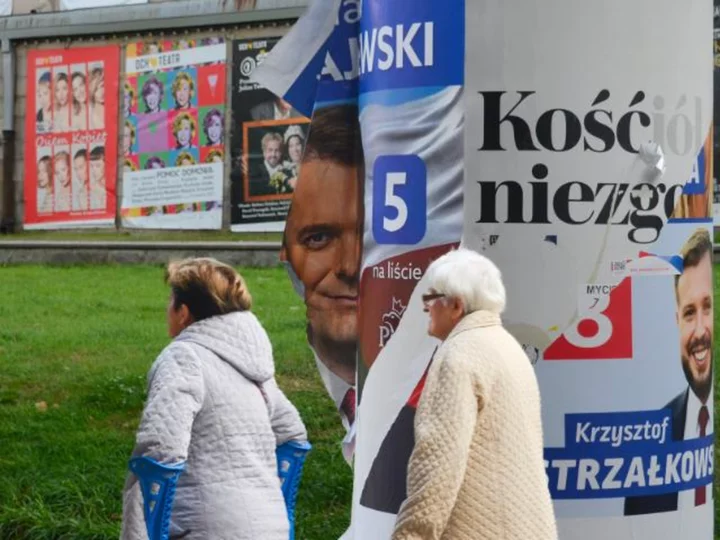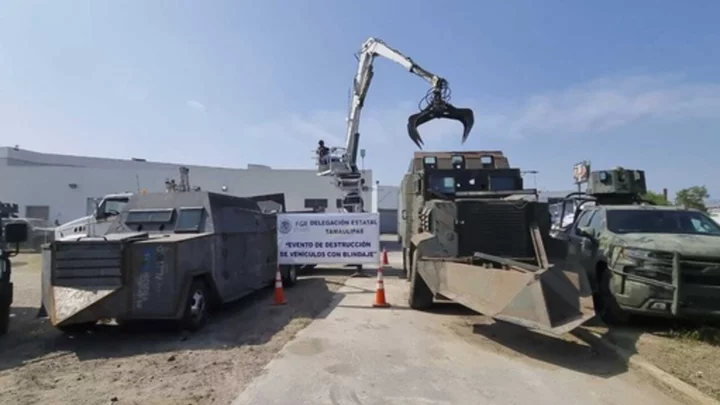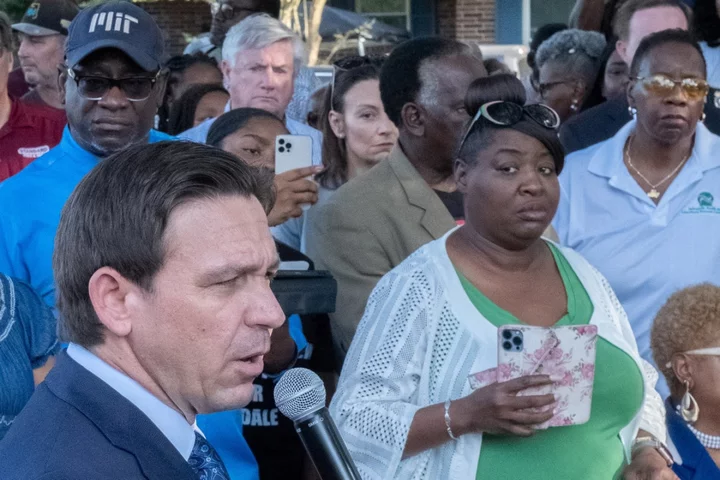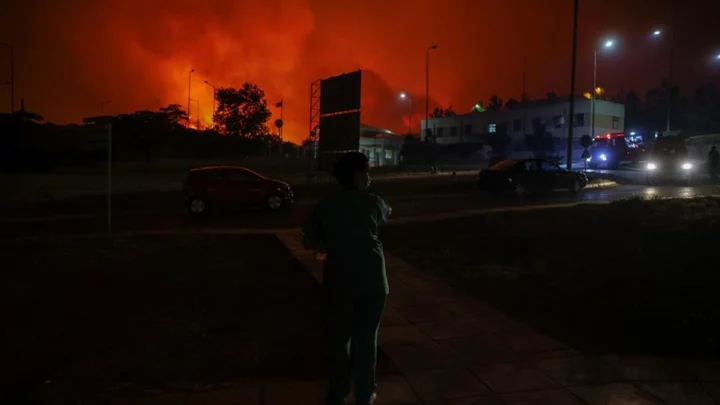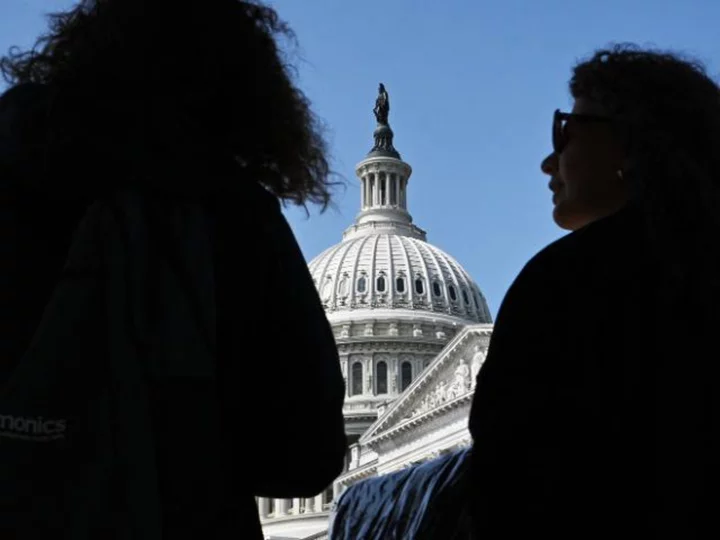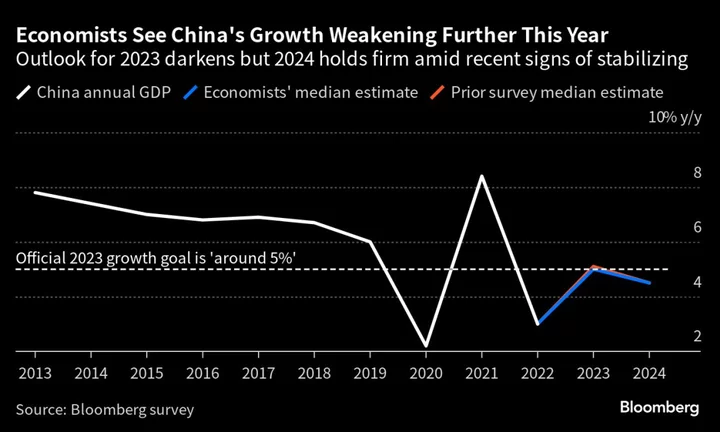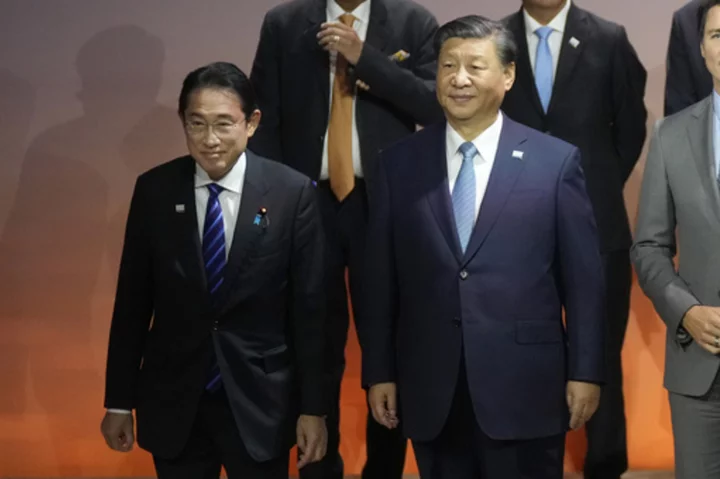Poland is voting Sunday in a high-stakes and unpredictable national election, the results of which could have major ramifications for the country's direction, the balance of power in the European Union and the future of the war in Ukraine.
Populist ruling party Law and Justice, which has been mired in bitter spats with the EU during its eight years in power, is seeking a third consecutive electoral success -- an unprecedented feat since Poland regained its independence from the Soviet Union.
Law and Justice, known by its Polish acronym PiS, is facing off in a tight race against a united opposition led by former Polish prime minister and European Council president Donald Tusk.
PiS has been accused by the EU and Polish opposition figures of dismantling Poland's democratic institutions during its time in power. PiS has brought the Polish judiciary, public media and cultural bodies under greater government control, and has taken a hard line against abortion access and LGBTQ+ rights.
During a bitter campaign, the party shot back at Tusk's opposition coalition, claiming the former leader would be subservient to Brussels and Berlin if he returned to power.
High inflation and the security of Poland's borders have been front of mind for voters during the campaign. Developments will be closely watched in Kyiv, after a tense period that saw relations between the two close allies sour.
Poland has been a crucial partner to Ukraine as it fights Russian forces in its east, but Warsaw was intensely critical of Ukraine's government during a dispute over the imports of Ukrainian grain.
Voters are electing members of both houses of Poland's parliament, with 231 seats in the Sejm -- Warsaw's lower house -- needed for a party to clinch power outright.
Should Sunday's vote fail to result in an overall majority, the two major blocs will seek to enter a coalition or informal agreement that would allow them to govern.
There has been speculation over whether PiS would seek an agreement with Confederation, a far-right party that has railed against support to Ukraine and picked up some former PiS voters in rural regions.
But any messy power-sharing pact could ultimately increase the likelihood of another election being called in the near future.
Polls close in Poland at 9 p.m. (3 p.m. ET) on Sunday, with results expected to trickle in through the night.

